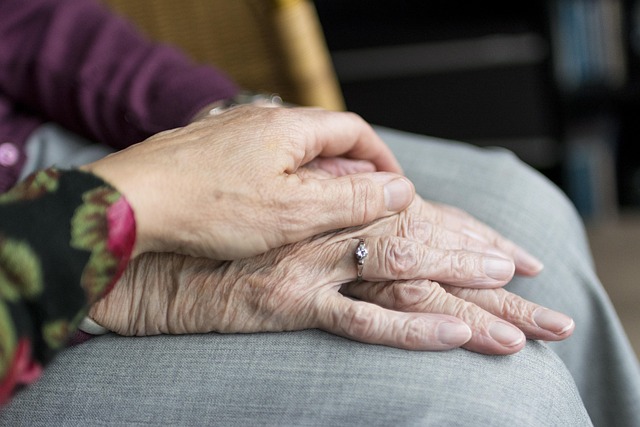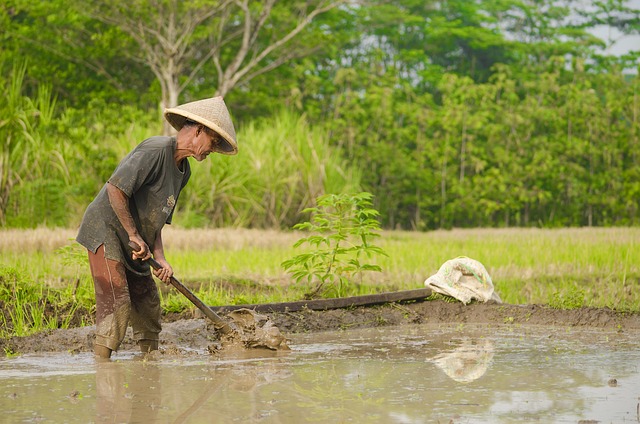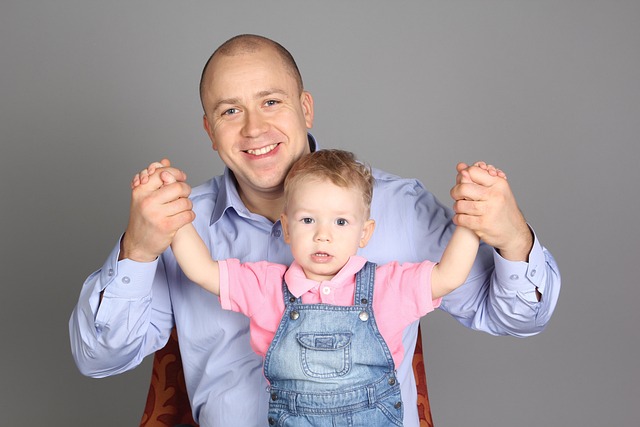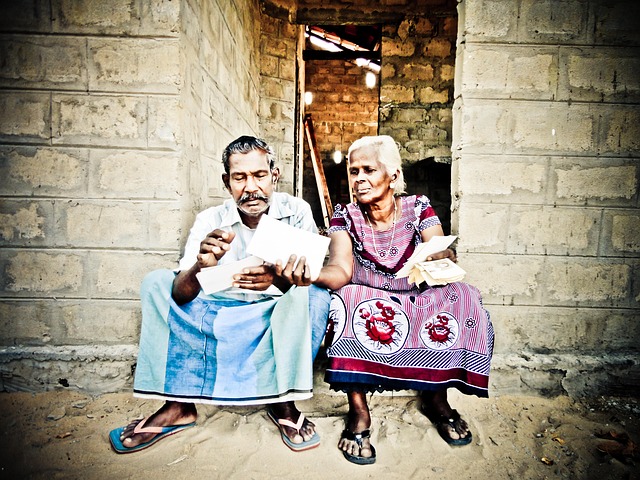Washington County advocacy groups play a crucial role in protecting grandparent rights in Oregon by guiding families through legal proceedings related to visitation, custody, and decision-making power, ensuring these rights align with the best interests of the child within a robust legal framework. Organizations like the Grandparenting Institute offer vital support and legal guidance, helping grandparents maintain significant relationships with their grandchildren.
In Oregon, understanding grandparent rights is crucial for maintaining family bonds. This article provides a comprehensive guide to navigating these rights, focusing on Washington County’s legal framework for advocacy. We explore how grandparents can protect their relationships with their grandchildren, highlighting essential resources tailored to this unique community. By delving into these guidelines, folks in Washington County can ensure their rights are upheld while fostering strong family connections.
- Understanding Grandparent Rights in Oregon
- Washington County: Legal Framework for Advocacy
- Protecting Family Bonds: Resources for Grandparents
Understanding Grandparent Rights in Oregon

In Oregon, grandparent rights are recognized and protected under state law, offering a clear framework for families and advocating groups like those in Washington County to navigate. These rights allow grandparents to maintain a significant relationship with their grandchildren, even when they aren’t the primary caregivers. Understanding these guidelines is crucial for ensuring that grandparent-grandchild bonds remain strong and secure.
Oregon’s laws provide specific circumstances under which grandparents can pursue legal rights, including visitation, custody, and decision-making power. The process often involves court proceedings where a judge considers the best interests of the child and the role grandparents can play in their upbringing. Washington County advocacy groups play a vital role in supporting families and guiding them through these complex legal matters, ensuring that grandparent rights are respected and upheld.
Washington County: Legal Framework for Advocacy

In Washington County, understanding the legal framework is pivotal for anyone advocating for grandparent rights. The county’s courts recognize the significant role grandparents play in a child’s life and have established guidelines to protect these relationships. These guidelines ensure that grandparents’ visitation rights are balanced with the best interests of the child. Legal advocates in the area focus on navigating these complex issues, ensuring fair outcomes for all parties involved.
Advocacy in Washington County often involves presenting compelling arguments based on state laws and case precedents. Grandparents seeking visitation or custody must demonstrate their capability to provide a stable and loving environment. Attorneys specializing in family law help clients navigate this process, offering guidance tailored to the unique circumstances of each case. This dedicated support is crucial for protecting grandparent rights within the robust legal framework of Washington County.
Protecting Family Bonds: Resources for Grandparents

Grandparents play a vital role in their grandchildren’s lives, and protecting family bonds is essential. In Oregon, resources are available to ensure that grandparents’ rights are upheld and that they can remain actively involved in their grandchildren’s upbringing. For those seeking advocacy in Washington County, organizations like the Grandparenting Institute offer support and guidance on legal matters related to grandparent rights. These groups provide valuable information on understanding state guidelines, navigating complex family situations, and accessing necessary resources.
By leveraging these resources, grandparents can ensure their bond with their grandchildren remains strong. Whether facing challenges within a blended family or seeking visitation rights, knowledgeable advocacy is key. It empowers grandparents to make informed decisions, protect their legal standing, and ultimately preserve the special relationship they share with their young relatives.






